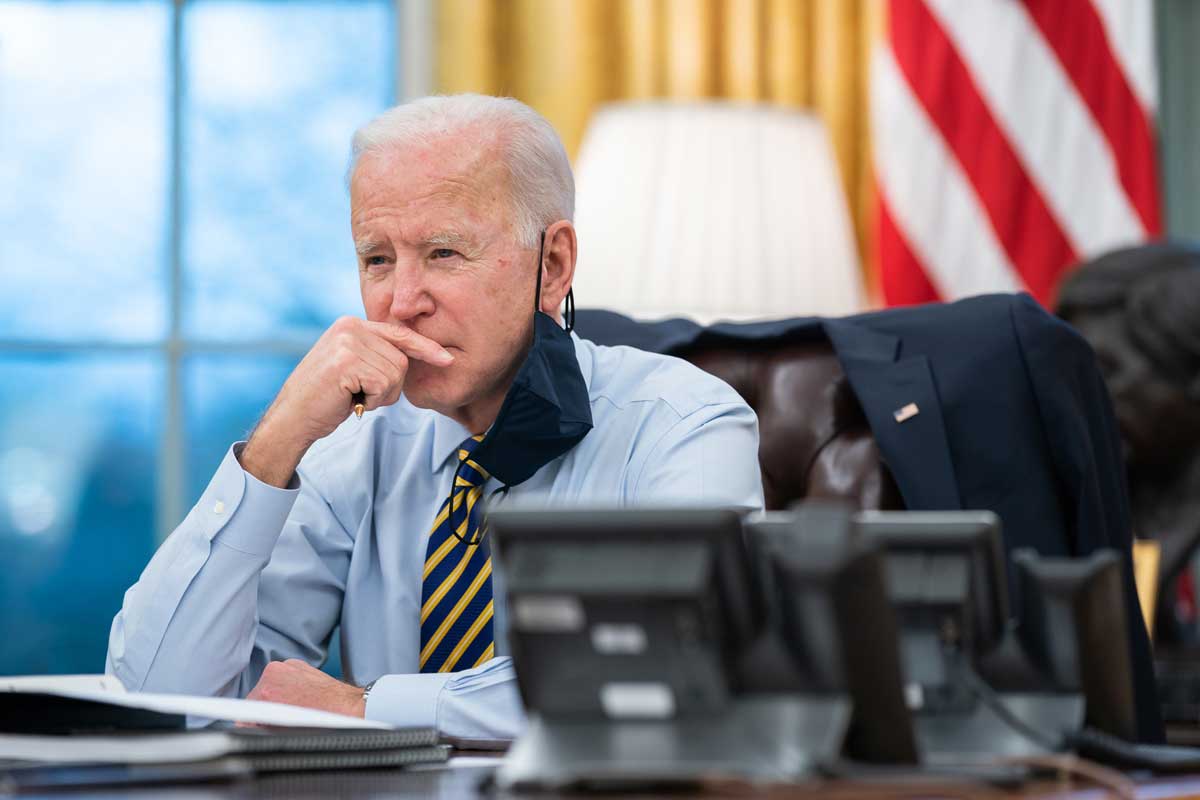In recent weeks, Washington has been showing greater urgency and flexibility, with regard to the revival of the Iran Nuclear Deal/ Joint Comprehensive Plan of Action (JCPOA)2015. It has agreed to the Russian demand, that Ukraine related sanctions will not have any bearing on Moscow’s economic relations with Tehran (within the framework of the 2015 deal). US is also likely to permit Russia to purchase excess uranium to prevent Iran from going ahead with building a nuclear weapon. While US State Department Spokesperson Ned Price said that there was a ‘practical’ role for Russia to play in any potential deal with Iran. US National Security Advisor Jack Sullivan said that this was one of the ways of preventing Iran from going nuclear. Said Sullivan:
“Now, we don’t have to rely on any given country for any particular element of the deal, but that is a role that Russia played in the past — a practical role that didn’t have necessarily political significance but did have that practical significance,”
One of the reasons for the US showing greater enthusiasm is that Iran along with Venezuela is amongst the countries which can make up for the oil shortfall resulting from the US ban on oil and gas imports from Russia which was announced on March 8, 2022 (the UAE and Saudi Arabia have refused to accept the US demand for pumping more oil). Recently, the Iranian oil Minister Javad Owji announced that Tehran was likely to increase its oil production to 5.7 million barrels per day (he did not provide any time frame). In 2021, Iran produced 2.4 million bpd, while in 2018 before imposition of sanctions it was producing 3.8 million bpd.
Iran’s religious leader Ayatollah Ali Khamenei, has also signalled support for negotiations pertaining to the revival of the JCPOA 2015. Significant progress has been made in recent weeks between negotiating parties to the JCPOA, in spite of numerous hiccups (the most recent being the Ukraine crisis and Russia’s imposition of conditionalities mentioned above).
The US President Joe Biden is now facing stiff resistance domestically from US lawmakers – not just Republicans, but certain Democrats as well — with regard to some of the conditions of a proposed deal as well as the lack of transparency regarding the proposed deal.
Republican policy makers have also opposed delisting of Islamic Revolution Guard Corps (IRGC) as a terror organisation and removing of sanctions against organisations and individuals responsible for human rights violations in Iran. In a signed letter to US Secretary of State, Antony Blinken, Eighty Six Republicans who are members of the US House of Representatives have written:“We are united in strong opposition to any move to legitimize the IRGC’s reckless, destabilizing, and anti-Semitic actions throughout the Middle East,”
US law makers have also pointed to the fact that a nuclear deal should not impact US ties with Gulf Countries (in recent months, ties with UAE and Saudi Arabia have witnessed a significant deterioration). Some Democrats have expressed skepticism with regard to whether Iran will actually meet fulfil the conditions of the 2015 Nuclear Agreement, while others have highlighted the point that US ties with both China and Russia, two signatories to the deal, have deteriorated significantly and expressed their doubts with regard to this being the right time to go ahead with any agreement . The deal is also being opposed by certain lawmakers on the ground that Russia’s economy will benefit significantly since one of the conditions of a possible deal will be that sanctions imposed by the US, EU related to Ukraine will not impact Russia’s economic relations and nuclear agreements with Iran. A number of Democrats are supporting the Biden Administration’s efforts towards reviving the deal and have categorically stated that withdrawal from the JCPOA was a big blunder committed by Former US President, Donald Trump. The US State Department on its part has said that there has been outreach vis-à-vis members of Congress in order to build a strong political consensus.
In conclusion, while Biden currently faces an array of domestic and foreign policy challenges, building bipartisan consensus domestically with regard to revival of the Iran Nuclear deal is important. Given the state of US-China and US-Russia relations as well as the geopolitical landscape of the Middle East, this is going to be an onerous task.


